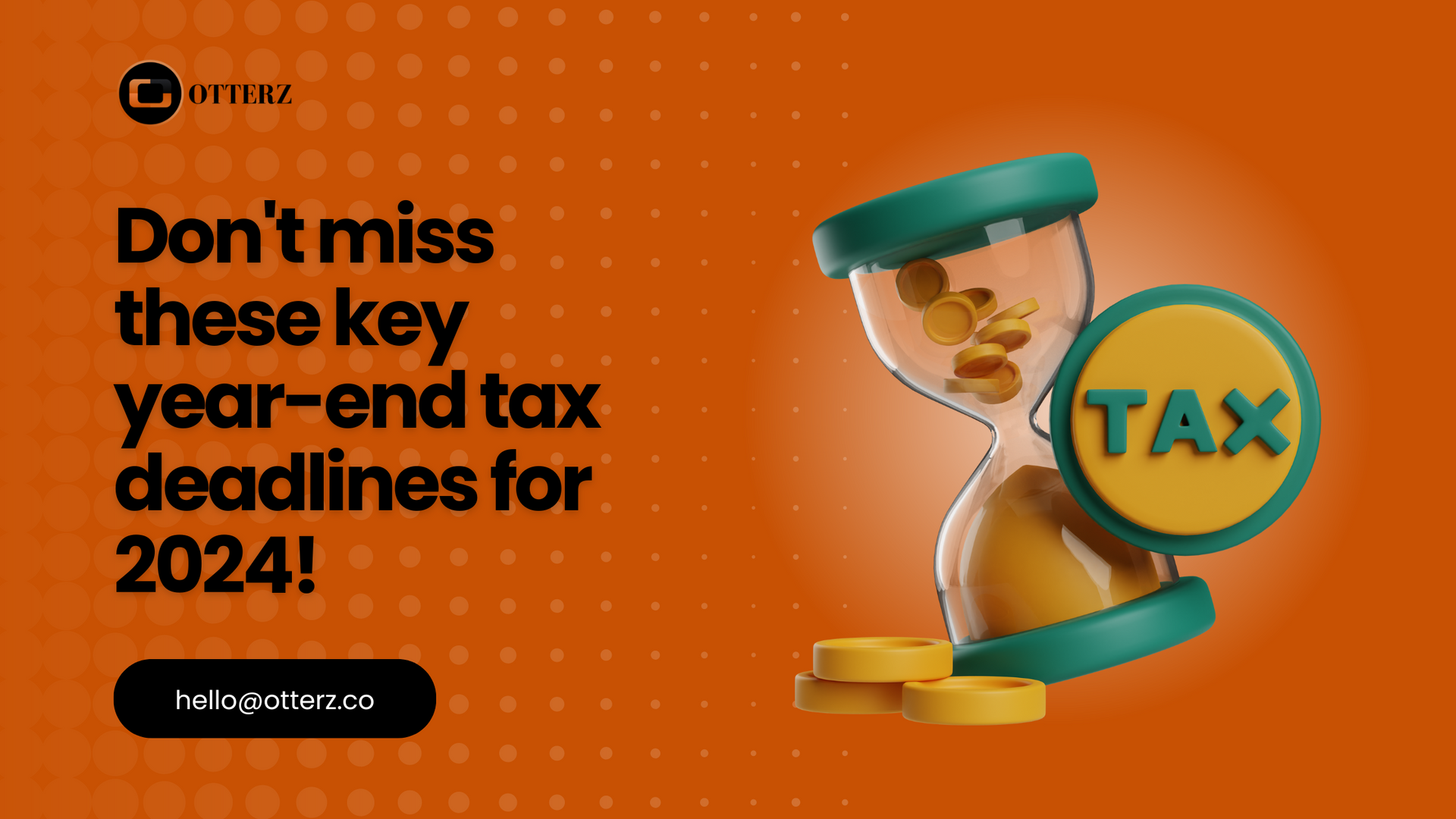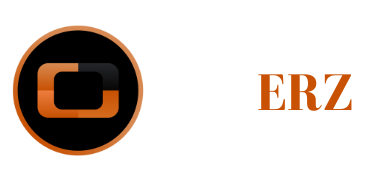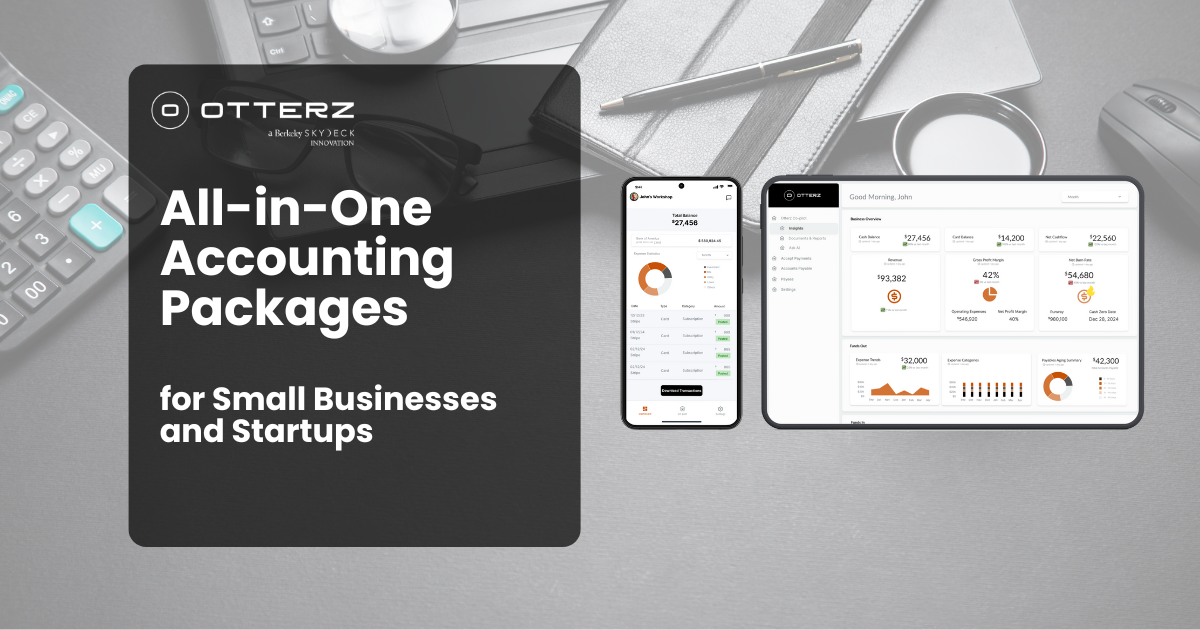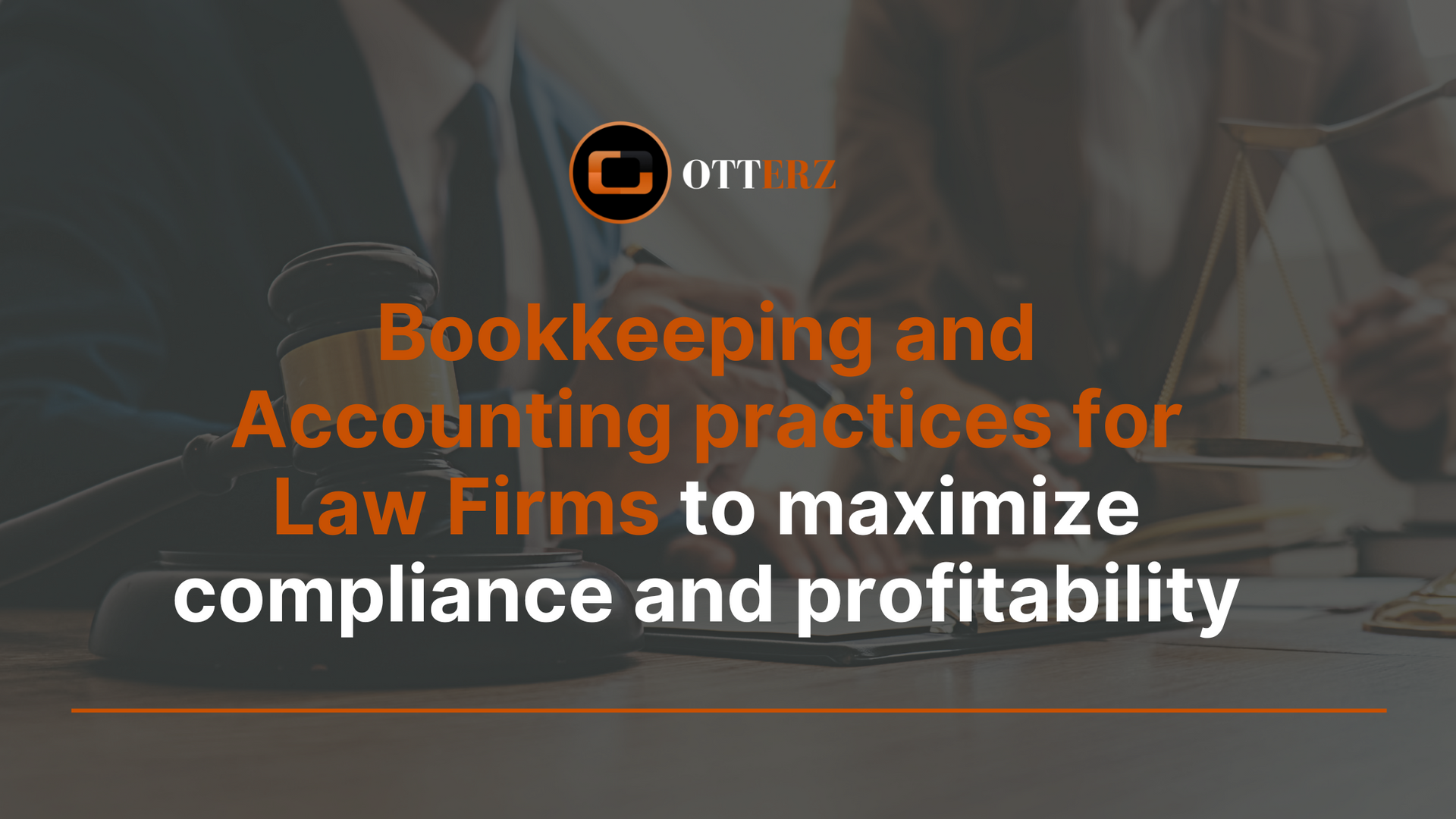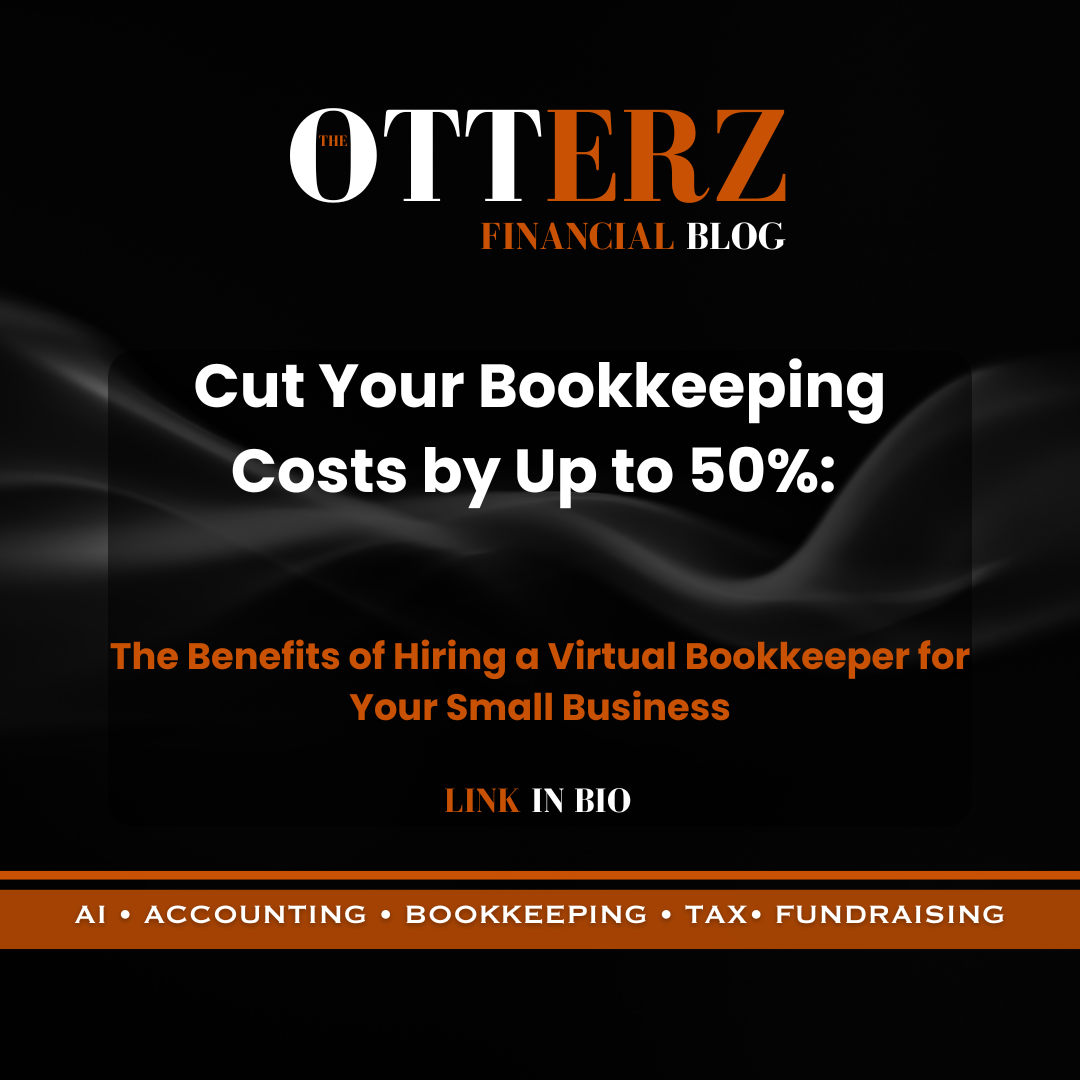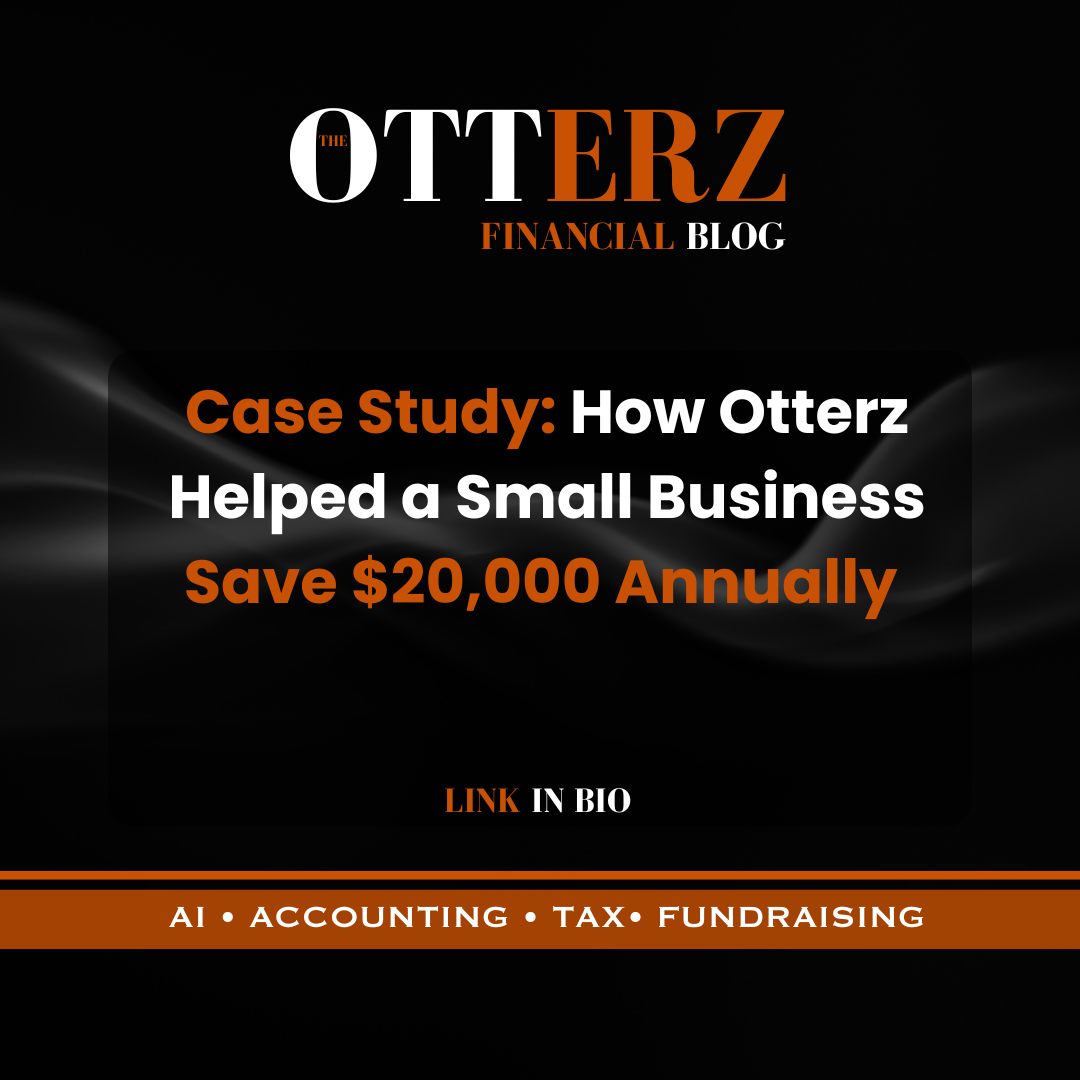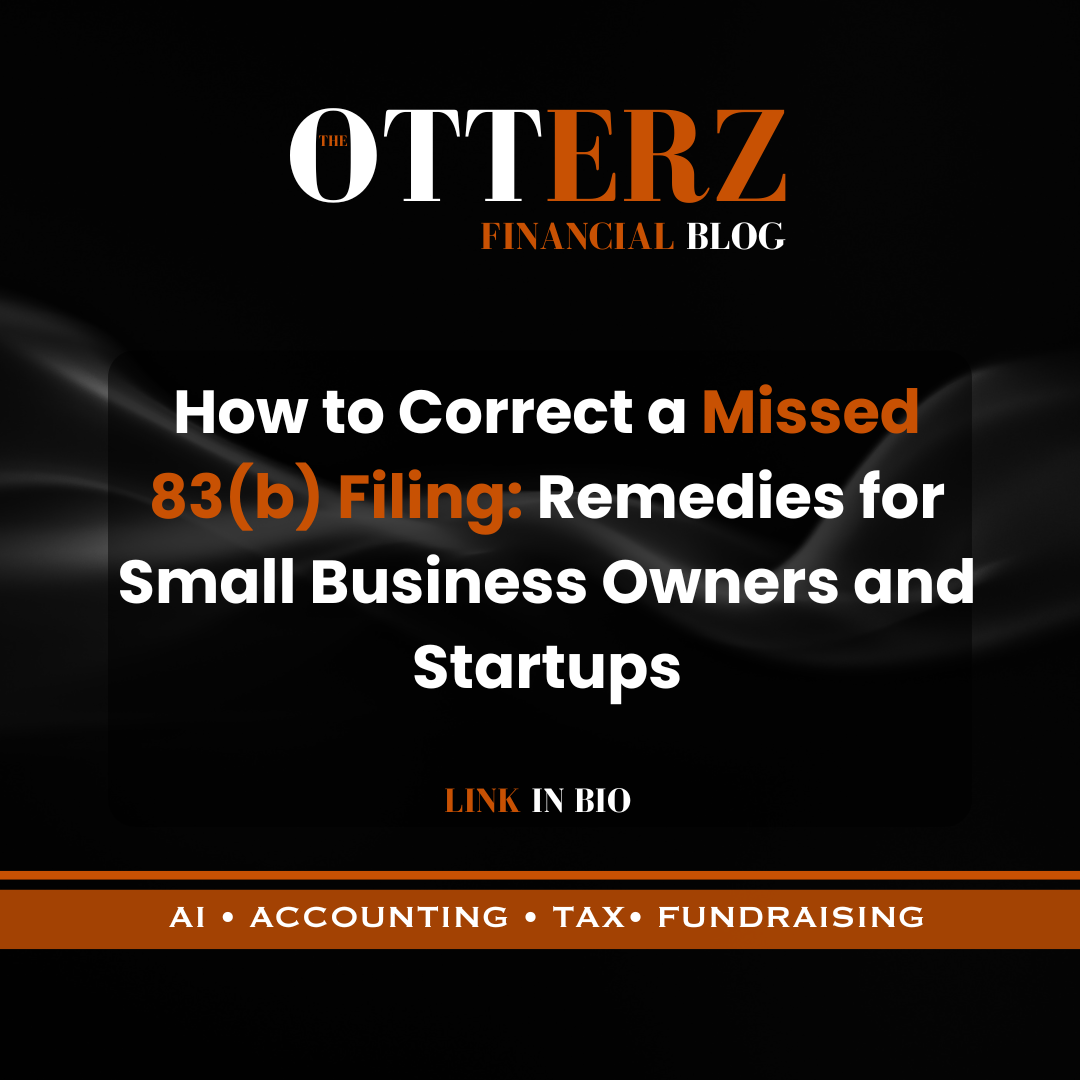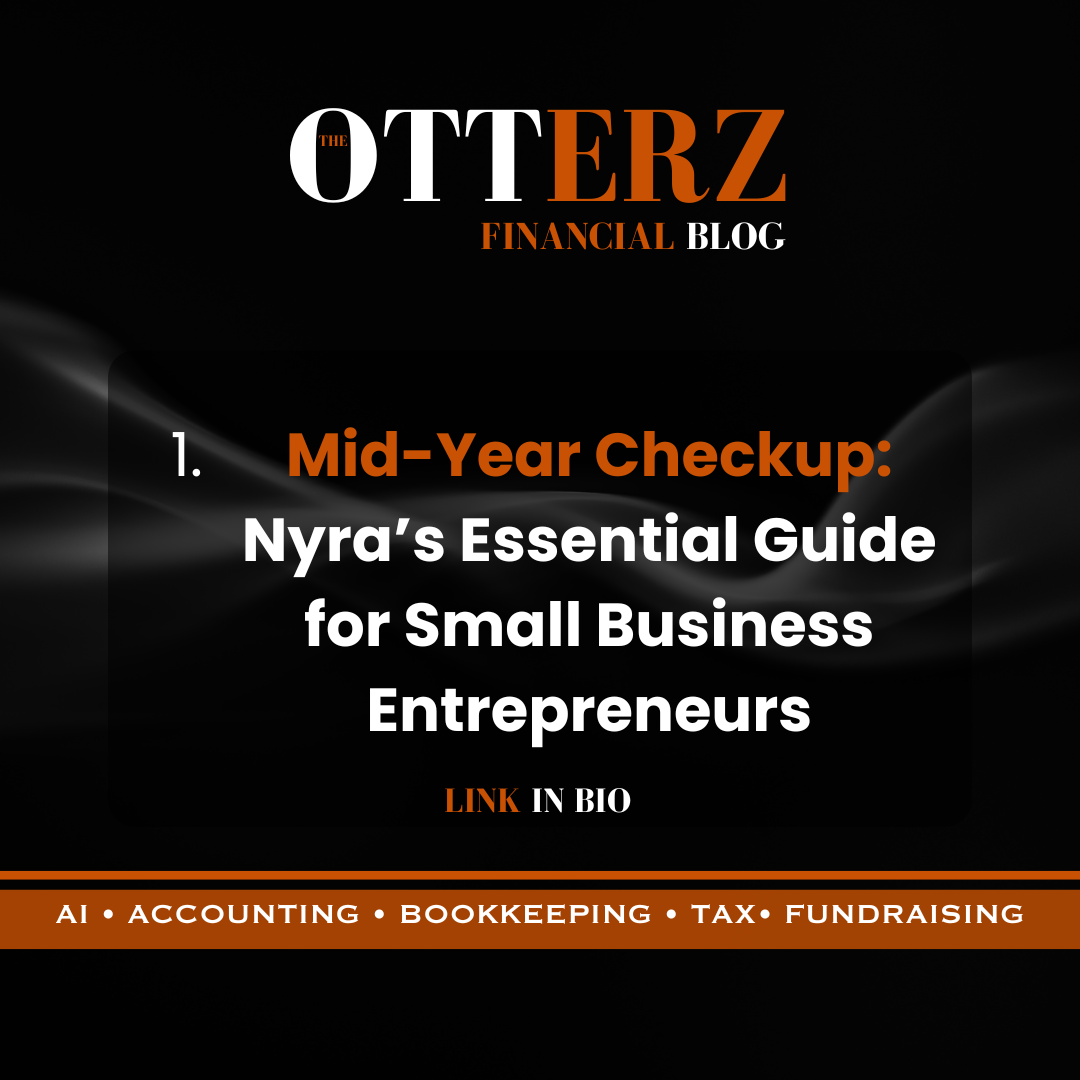Beneficial Ownership Information Reporting (BOIR) Guide: How to avoid Fines as high as $500/day
IMPORTANT
In this Article:
- Introduction
- Commencement of BOIR Reporting
- Applicability of BOIR
- Process of Filing the BOIR
- Additional Information Needed for Completing the BOIR
- Compliance and Penalties
- Resources and Support
1. Introduction
The Business Ownership Information Report (BOIR) is a new reporting requirement introduced under the Corporate Transparency Act (CTA), which became effective on January 1, 2024. This legislation mandates that certain business entities report detailed information about their beneficial owners to the Financial Crimes Enforcement Network (FinCEN) of the U.S. Department of the Treasury. The BOIR is part of a broader effort by the U.S. government to enhance transparency in business operations and combat financial crimes such as money laundering, terrorism financing, and other illicit activities.
Beneficial ownership information refers to the identifying details of individuals who directly or indirectly own or control a company. This requirement aims to prevent bad actors from using anonymous shell companies to hide their ill-gotten gains or engage in illegal activities. By making beneficial ownership information more transparent and accessible to law enforcement and regulatory agencies, the CTA seeks to close loopholes that have long been exploited to the detriment of financial integrity and national security.
The new reporting requirements are crucial for ensuring that entities operating within the U.S. comply with international standards for financial transparency and accountability. The data collected through BOIR will be stored in a secure, non-public database, accessible only to authorized personnel for legitimate purposes. This measure underscores the importance of protecting sensitive information while enabling effective oversight and enforcement of anti-money laundering laws.
In summary, the BOIR represents a significant step forward in promoting corporate transparency and integrity within the U.S. business environment. Entities required to comply with this new mandate must understand the reporting process, the types of information to be submitted, and the implications of non-compliance. By adhering to these requirements, businesses can contribute to a more transparent and secure financial system.
2. Commencement of BOIR Reporting
The Beneficial Ownership Information Reporting (BOIR) requirements under the Corporate Transparency Act (CTA) officially commenced on January 1, 2024. From this date, certain entities must adhere to the new regulations and file their beneficial ownership information with FinCEN.
Effective Date
The CTA's BOIR requirements took effect on January 1, 2024. All entities falling under the scope of this mandate must ensure compliance with the reporting obligations as of this date.
Filing Deadlines
The filing deadlines for BOIR vary depending on when the entity was created or registered:
- Entities Created or Registered Before January 1, 2024: These entities must file their initial BOIR by January 1, 2025. This grace period allows existing entities sufficient time to gather the required information and submit their reports.
- Entities Created or Registered On or After January 1, 2024: These entities have a more immediate filing obligation. They must file their initial BOIR within 90 days of their formation or registration. This ensures that new entities are promptly brought into compliance with the transparency requirements.
Ongoing Reporting Requirements
In addition to the initial filing, entities are required to maintain up-to-date records of their beneficial ownership information. Any changes in beneficial ownership must be reported to FinCEN within 30 days of the change. This ongoing reporting requirement ensures that the information remains current and accurate, reflecting any modifications in ownership or control structures.
By adhering to these reporting deadlines and ongoing requirements, entities can ensure compliance with the BOIR regulations and contribute to the broader goal of enhancing corporate transparency and combating financial crimes.
3. Applicability of BOIR
The Beneficial Ownership Information Reporting (BOIR) requirements under the Corporate Transparency Act (CTA) apply to a wide range of business entities operating within the United States. However, there are specific exemptions that relieve certain entities from the obligation to file beneficial ownership information. Understanding which entities are required to report and which are exempt is crucial for compliance.
Entities Required to File BOIR
The BOIR requirements apply to domestic and foreign entities that are registered to do business in the United States. This includes:
- Corporations
- Limited Liability Companies (LLCs)
- Similar entities created by filing a document with a secretary of state or equivalent office
These entities must report beneficial ownership information to FinCEN to comply with the CTA's transparency objectives.
Exempt Entities
Certain types of entities are exempt from the BOIR requirements. These exemptions are designed to avoid redundant reporting and to recognize the lower risk of financial crimes associated with specific types of organizations. The main categories of exempt entities include:
- Large Operating Companies: Entities with more than 20 full-time employees in the U.S., an operating presence within the country, and over $5 million in gross receipts or sales.
- Government Entities: Federal, state, or local government entities and their instrumentalities are exempt from BOIR requirements due to their inherent transparency and public accountability.
- Publicly Traded Companies: Companies registered under the Securities Exchange Act of 1934 and subject to SEC reporting requirements are exempt, as their ownership information is already publicly available.
- Financial Institutions: Entities regulated by federal functional regulators, such as banks, credit unions, and insurance companies, are exempt because they are already subject to rigorous oversight and reporting standards.
- Tax-Exempt Entities: Organizations that are tax-exempt under Sections 501(c) or 527 of the Internal Revenue Code, including certain non-profits and political organizations, are exempt due to their transparency and public accountability.
- Inactive Entities: Entities that have been inactive for more than a year, have no assets, and have not issued ownership interests, are exempt to reduce unnecessary reporting burdens.
- Subsidiaries of Exempt Entities: Entities wholly owned by one or more exempt entities inherit the exemption status, simplifying compliance for corporate groups.
- Other Regulated Entities: Various other entities regulated under specific federal laws, such as those registered under the Investment Company Act of 1940 or the Commodity Exchange Act, are also exempt from BOIR requirements.
By understanding these exemptions, entities can determine their reporting obligations under the CTA and ensure they comply with the BOIR requirements or correctly identify their exemption status.
4.
Process of Filing the
BOIR
Filing the Beneficial Ownership Information Report (BOIR) is a structured process that involves several critical steps. Ensuring compliance with the Corporate Transparency Act (CTA) requires thorough preparation and attention to detail. Here is a step-by-step guide to filing the BOIR:
1. Determine Filing Requirement
The first step is to confirm whether your entity is required to file a BOIR. Entities such as corporations, limited liability companies (LLCs), and other similar entities registered to do business in the United States typically need to file. However, check for any applicable exemptions, such as those for large operating companies, government entities, and others specified by FinCEN.
2. Gather Necessary Information
Collect detailed information for each beneficial owner and, if applicable, company applicants. This includes:
- Beneficial Owners:
- Full legal name
- Date of birth
- Current residential or business address
- Unique identifying number from an acceptable ID document (e.g., passport, driver’s license)
- Company Applicants (for entities created after January 1, 2024):
- Similar identifying information as required for beneficial owners
3. Prepare Documentation
Verify and compile all required information and supporting documents. Ensure the accuracy of the information to avoid any discrepancies during the filing process.
4. Access FinCEN Online Reporting System
Create an account on the FinCEN website and log in using your credentials. The secure filing system will be available via FinCEN’s portal.
5. Complete the BOIR
Navigate to the BOIR form within the FinCEN system and fill in the details for each beneficial owner and company applicant accurately. Review and validate all information to ensure there are no errors or omissions.
6. Submit the BOIR
Once the form is completed and reviewed, submit the BOIR through the FinCEN online system. After submission, retain a confirmation of submission for your records.
7. Maintain Records
Keep copies of the submitted BOIR and all supporting documents for at least five years. This documentation will be essential for future reference and compliance verification.
8. Monitor for Changes
Entities must update their BOIR within 30 days of any change in beneficial ownership or other relevant information. Regularly review your entity’s information to ensure ongoing compliance and accuracy.
9. Stay Informed
Stay updated with any changes in reporting requirements or deadlines by regularly checking FinCEN notifications and guidelines. Continuous monitoring will help ensure that your entity remains compliant with the latest regulations.
By following these steps, entities can ensure they meet their BOIR obligations under the Corporate Transparency Act, contributing to greater transparency and accountability in business operations.
5. Additional Information Needed for Completing the BOIR
Completing the Beneficial Ownership Information Report (BOIR) requires detailed and accurate information about the beneficial owners, company applicants, and the entity itself. Ensuring you have all the necessary data before starting the filing process will help streamline the submission and maintain compliance with the Corporate Transparency Act (CTA). Below is a detailed list of the required information.
Information Required for Beneficial Owners
For each individual identified as a beneficial owner, the following information must be collected:
- Full Legal Name: The complete name as it appears on official identification documents.
- Date of Birth: The exact date of birth of the beneficial owner.
- Residential or Business Address: The current address where the beneficial owner resides or conducts business.
- Unique Identifying Number: A number from an acceptable identification document, such as:
- Passport
- Driver’s license
- Other state-issued identification card
- Issuing Jurisdiction: The name of the state or country that issued the identification document.
- Image of the Identification Document: A clear image of the ID used to provide the unique identifying number.
Information Required for Company Applicants
For entities created on or after January 1, 2024, the following information is required for each company applicant:
- Full Legal Name: The complete name as it appears on official identification documents.
- Date of Birth: The exact date of birth of the company applicant.
- Address: The current residential address or business address if the applicant works for a business formation service or law firm.
- Unique Identifying Number: A number from an acceptable identification document, such as:
- Passport
- Driver’s license
- Other state-issued identification card
- Issuing Jurisdiction: The name of the state or country that issued the identification document.
- Image of the Identification Document: A clear image of the ID used to provide the unique identifying number.
Specific Entity Information Required for Filing
The following entity information is also required to complete the BOIR:
- Legal Entity Name: The full legal name of the entity as registered.
- Principal Business Address: The main address where the business operates. For entities with principal offices outside the U.S., the address from which they conduct business in the U.S. must be provided.
- Jurisdiction of Formation or Registration: The state or country where the entity was legally formed or registered.
- Tax Identification Number (TIN): The entity’s TIN or, if a foreign entity that has not been issued a TIN, a foreign tax identification number and the name of the issuing jurisdiction.
By gathering and organizing this information in advance, entities can ensure a smooth and accurate filing process for the BOIR. Proper preparation helps maintain compliance and avoids potential penalties associated with incomplete or inaccurate reporting.
6. Compliance and Penalties
Compliance with the Beneficial Ownership Information Reporting (BOIR) requirements is crucial to avoid significant consequences. The Corporate Transparency Act (CTA) mandates strict adherence to these reporting obligations, and failure to comply can result in serious penalties. Here’s what you need to know about compliance, correcting mistakes, and the potential penalties for non-compliance.
Consequences of Non-Compliance
Entities required to file BOIR must adhere to the established deadlines and accuracy requirements. Non-compliance can lead to both civil and criminal penalties, emphasizing the importance of timely and accurate reporting. The consequences of failing to meet these obligations include:
- Civil Penalties: Fines may be imposed for each day that the entity fails to comply with the reporting requirements. The penalties can accumulate quickly, leading to substantial financial liabilities.
- Criminal Penalties: Willful failure to report, or providing false or fraudulent information, can result in criminal charges. This may include imprisonment and hefty fines, underlining the severe repercussions of intentional non-compliance.
Correcting Mistakes or Omissions
If an entity realizes that a BOIR submission contains mistakes or omissions, it is essential to correct them promptly. The process for correcting a BOIR involves:
- Identify the Error: Determine the specific inaccuracies or omissions in the previously submitted BOIR.
- Prepare Corrected Information: Gather the accurate information needed to correct the report.
- File an Updated Report: Submit an updated BOIR to FinCEN, providing the correct details. This updated report must be filed no later than 30 days after the entity becomes aware of the error or has reason to know of it.
By promptly addressing and correcting any inaccuracies, entities can avoid further penalties and demonstrate a commitment to compliance.
Potential Civil and Criminal Penalties
The CTA outlines stringent penalties for non-compliance with the BOIR requirements:
- Civil Penalties: Entities that fail to report or update their beneficial ownership information within the required timeframe may face civil fines of up to $500 for each day the violation continues.
- Criminal Penalties: Willfully providing false or fraudulent information, or willfully failing to report, can lead to criminal penalties, including:
- Fines up to $10,000
- Imprisonment for up to two years
- Additional penalties for continued non-compliance or fraudulent activities
These penalties highlight the importance of adhering to the BOIR requirements and ensuring that all reported information is accurate and up-to-date.
Importance of Ongoing Compliance
Entities must regularly review and update their beneficial ownership information to maintain compliance. This includes filing updates within 30 days of any changes in beneficial ownership or other relevant information. Staying informed about any changes in reporting requirements or deadlines is also crucial to avoid inadvertent non-compliance.
In summary, compliance with BOIR is not only a legal obligation but also a critical aspect of maintaining corporate transparency and integrity. By understanding the consequences of non-compliance and taking proactive steps to ensure accurate reporting, entities can avoid severe penalties and contribute to a more transparent and secure business environment.
7. Resources and Support
Navigating the Beneficial Ownership Information Reporting (BOIR) requirements under the Corporate Transparency Act (CTA) can be complex. Fortunately, there are numerous resources and support systems available to help entities comply with these regulations. Here are some valuable resources and tips to ensure your entity meets its BOIR obligations effectively.
FinCEN’s Guidance and Support Resources
FinCEN offers a variety of resources designed to assist entities in understanding and complying with BOIR requirements. These resources provide comprehensive guidance on the reporting process, required information, and compliance tips.
- FinCEN BOIR Rule and Guidance: Detailed information about the BOIR requirements and the Corporate Transparency Act can be found on FinCEN’s official website: FinCEN BOIR Rule
- Frequently Asked Questions (FAQs): FinCEN has published an extensive FAQ document that addresses common questions and provides clarity on specific aspects of BOIR reporting: FinCEN BOIR FAQs
- Small Entity Compliance Guide: This guide is specifically designed to help smaller entities navigate the BOIR requirements with step-by-step instructions and examples: FinCEN Small Entity Compliance Guide
Additional Resources and Tips for Compliance
In addition to FinCEN’s resources, entities can utilize the following tips and tools to ensure they meet their BOIR obligations:
- Professional Assistance: Consider consulting with legal and accounting professionals who specialize in compliance with federal reporting requirements. They can provide personalized guidance and help ensure your reports are accurate and complete.
- Internal Compliance Programs: Develop and implement internal compliance programs to monitor beneficial ownership information regularly. This includes setting up processes for updating information and filing reports promptly when changes occur.
- Training and Education: Ensure that your staff are well-informed about BOIR requirements and the importance of compliance. Regular training sessions can help keep everyone up-to-date with the latest regulations and procedures.
- Record-Keeping: Maintain detailed records of all beneficial ownership information and supporting documents. This will help in preparing accurate BOIR submissions and provide a reference in case of any audits or inquiries.
- Stay Updated:
Regularly check FinCEN’s website and subscribe to their notifications to stay informed about any changes in reporting requirements or deadlines.
How
Otterz Can Help
From comprehensive bookkeeping and accurate tax accounting to advanced tools like our Financial Management Platform powered by Nyra, the world's first AI accountant, we provide everything you need to ensure your financial operations are seamless, compliant, and investor-ready.
As part of our commitment to providing exceptional service, we include BOIR filing at no additional cost for all customers using our All-in-One Accounting Packages. This means that we handle the entire Beneficial Ownership Information Reporting process for you, ensuring accurate and timely submission to FinCEN. Our team of experts will gather the necessary information, prepare the required documentation, and file the report on your behalf, allowing you to focus on running your business without the stress of compliance issues.
Reach out to us today to explore how our expert services can streamline your most vital financial processes.
About the Authors:

Ektaa Shah
CPA & Taxation Expert
Ektaa is a Certified Public Accountant with a Master’s in Taxation, driven by a wealth of expertise and a commitment to excellence. Demonstrating dedication to academic and professional achievement, Ektaa has gained valuable experience across diverse industries, including professional service firms, life sciences and consumer goods. Serving as a tax specialist on audits and serving as a tax advisor for small to medium sized-businesses, she developed a deep understanding of complex tax issues. Beyond her professional endeavors, Ektaa is actively involved in community service and leadership. She proudly serves as the Treasurer on the Board of Directors for the non-profit organization Womanspace, demonstrating her commitment to giving back and empowering others.

Daniel Ionescu
Marketing Expert
Daniel is an Experienced Marketing Expert deeply passionate about financial technologies, startups, and small business growth. He is dedicated to empowering startups and small businesses through insightful content and innovative tools designed to enhance financial management and operational efficiency. Daniel is committed to delivering valuable, tech-driven solutions to entrepreneurs and business owners.
Found this valuable? Share it with your friends and colleagues!
